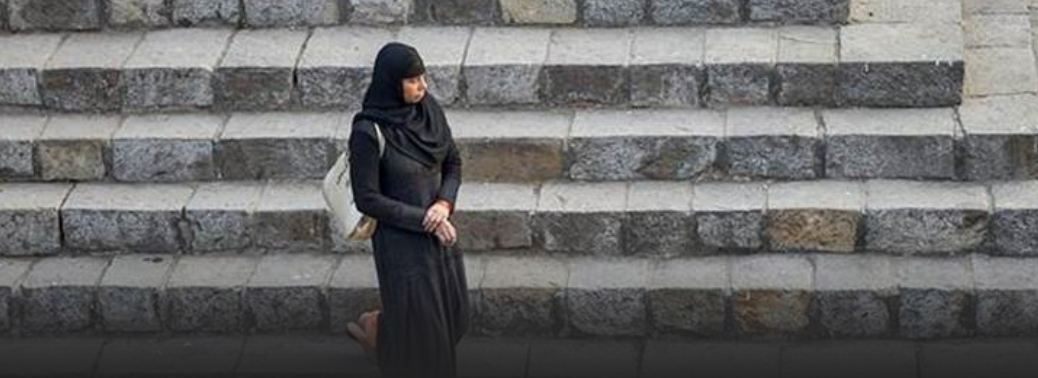SC TO DECIDE ON ENTRY OF WOMEN INTO MOSQUES
17, Apr 2019

Prelims level : Polity and Governance
Mains level : GS-II Governance, Constitution, Polity, Social Justice and International Relations
Why in News?
- The Supreme Court on Tuesday agreed to hear a petition seeking permission for Muslim women to enter mosques to offer prayers.
Echoes of Sabarimala:
- The bench told the council appearing for the petitioners that it will hear the matter because of the apex court’s judgement in the Sabarimala temple case
- On September 28 last year, a five-judge constitution bench headed by then chief justice Dipak Misra in its 4:1 verdict had paved the way for entry of women of all ages into the Sabarimala temple in Kerala, saying the ban amounted to gender discrimination
- In the current petition it has been sought the apex court’s direction to declare as “illegal” and “unconstitutional” the practice of prohibiting the entry of Muslim women into mosques to offer prayers. the petitioners have said there should not be any discrimination against any citizen of the country on the ground of religion, race, caste, sex and place of birth.
- They have added that a life of dignity and equality is the most sacrosanct fundamental right and a Muslim woman cannot be prohibited from entering a mosque.
- the bench sought to know from the petitioners’ counsel as to whether Muslim women were allowed to enter a mosque in foreign countries. The counsel informed the bench that Muslim women were allowed to enter a mosque at the holy Mecca and also in Canada.
- The court concluded that the bar amounted to discrimination and even a practice of untouchability. The Haji Ali Dargah Trust had also agreed in the Supreme Court to allow women to enter the sanctum of the shrine.
Article 14:
- The state not deny to any person equality before the law or the equal protection of the laws within the territory of India. protection prohibition of discrimination on grounds of religion, race, Caste, sex, or place of birth.
- The phase “Equality to the Law “Find a place in all written constitutions that guarantees fundamental rights. “All citizens
- irrespective of birth, religion, sex, or race are equal before law; that is to say, there Shall not be any arbitrary discrimination between one citizen or class of citizens and another.” “All citizens shall, as human persons he held equal before law.” “All inhabitants of the republic are assured equality before the laws






